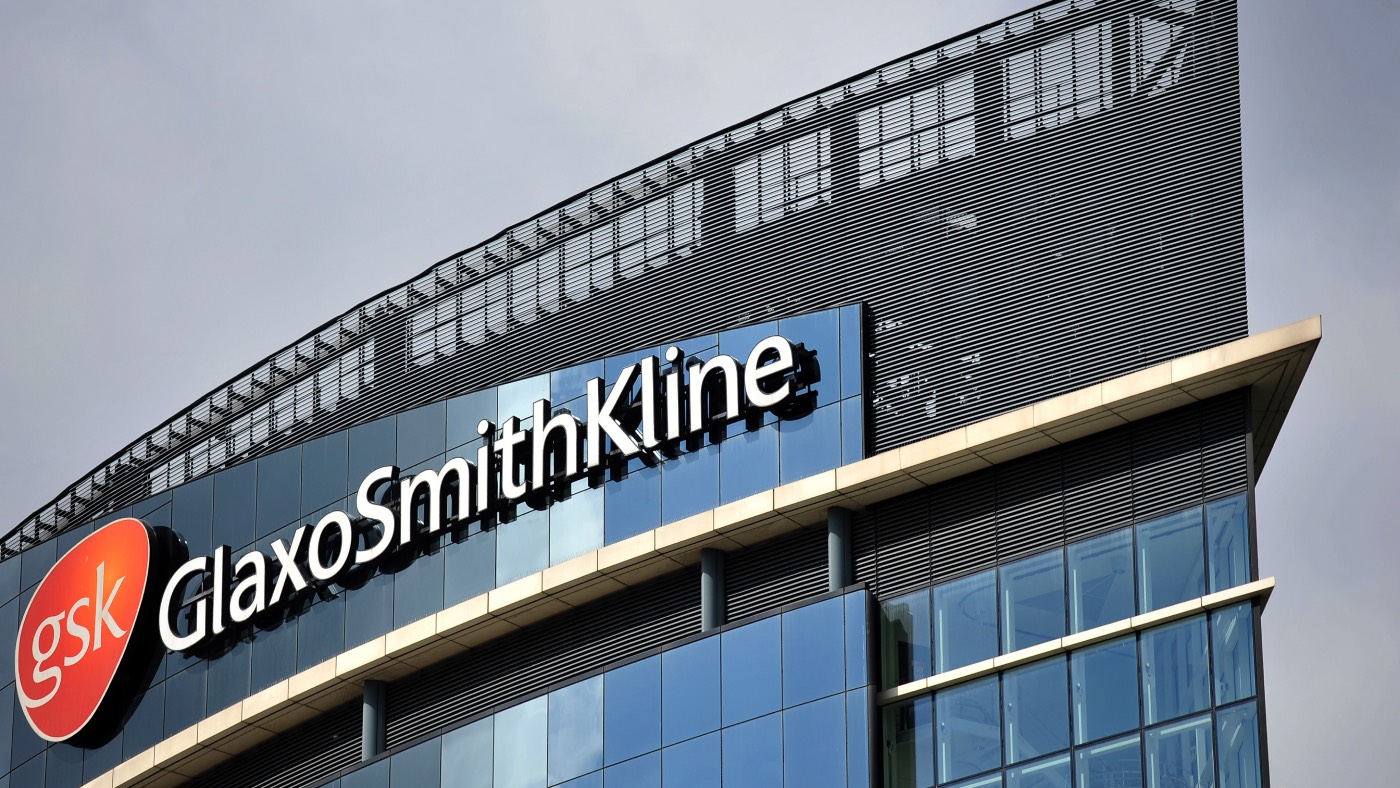UK drug giant teams up with French rival for Covid-19 vaccine
GlaxoSmithKline hopes to have coronavirus treatment available next year

A free daily email with the biggest news stories of the day – and the best features from TheWeek.com
You are now subscribed
Your newsletter sign-up was successful
A leading British drug company is joining forces with a French rival to develop a coronavirus vaccine and manufacture hundreds of millions of doses.
GlaxoSmithKline is to team up with Sanofi on a treatment that they hope to test on humans during the second half of 2020 and make available a year later if regulators grant approval.
The Times says the tie-up is “significant” because it “raises the prospect that a Covid-19 treatment could be manufactured quickly on the large scale required to tackle the pandemic”.
The Week
Escape your echo chamber. Get the facts behind the news, plus analysis from multiple perspectives.

Sign up for The Week's Free Newsletters
From our morning news briefing to a weekly Good News Newsletter, get the best of The Week delivered directly to your inbox.
From our morning news briefing to a weekly Good News Newsletter, get the best of The Week delivered directly to your inbox.
–––––––––––––––––––––––––––––––For a round-up of the most important stories from around the world - and a concise, refreshing and balanced take on the week’s news agenda - try The Week magazine. Start your trial subscription today –––––––––––––––––––––––––––––––
The chief executive of GSK, Emma Walmsley, said: “We’re committed to making any vaccine that’s developed through the collaboration affordable to the public.”
She said the company does not intend to profit from the intiative and plans to donate the therapy to the world’s poorest countries.
Sanofi is offering a Covid-19 antigen — the molecule that helps the body to produce antibodies — it is developing, while GSK brings to the table its adjuvant technology, which boosts an antigen’s potency and makes smaller doses more effective.
A free daily email with the biggest news stories of the day – and the best features from TheWeek.com
As the BBC reports, vaccines work by introducing a small amount of a virus or bacteria to the immune system. This means that when the body comes into contact with the illness for real, it recognises it as an “invader” and knows how to fight it.
Although the timescale of a Covid-19 vaccine only being available in the second half of next year seems painfully slow, most vaccines take a decade or more to get regulatory approval.
The World Health Organization said there are 70 separate Covid-19 vaccines in development. Among those scrambling to produce one is a team led by Sarah Gilbert, professor of vaccinology at Oxford University, who told The Times last week that she was “80% confident” that their treatment would work, possibly by September.
-
 6 of the world’s most accessible destinations
6 of the world’s most accessible destinationsThe Week Recommends Experience all of Berlin, Singapore and Sydney
-
 How the FCC’s ‘equal time’ rule works
How the FCC’s ‘equal time’ rule worksIn the Spotlight The law is at the heart of the Colbert-CBS conflict
-
 What is the endgame in the DHS shutdown?
What is the endgame in the DHS shutdown?Today’s Big Question Democrats want to rein in ICE’s immigration crackdown
-
 A Nipah virus outbreak in India has brought back Covid-era surveillance
A Nipah virus outbreak in India has brought back Covid-era surveillanceUnder the radar The disease can spread through animals and humans
-
 Covid-19 mRNA vaccines could help fight cancer
Covid-19 mRNA vaccines could help fight cancerUnder the radar They boost the immune system
-
 The new Stratus Covid strain – and why it’s on the rise
The new Stratus Covid strain – and why it’s on the riseThe Explainer ‘No evidence’ new variant is more dangerous or that vaccines won’t work against it, say UK health experts
-
 RFK Jr. vaccine panel advises restricting MMRV shot
RFK Jr. vaccine panel advises restricting MMRV shotSpeed Read The committee voted to restrict access to a childhood vaccine against chickenpox
-
 RFK Jr. scraps Covid shots for pregnant women, kids
RFK Jr. scraps Covid shots for pregnant women, kidsSpeed Read The Health Secretary announced a policy change without informing CDC officials
-
 New FDA chiefs limit Covid-19 shots to elderly, sick
New FDA chiefs limit Covid-19 shots to elderly, sickspeed read The FDA set stricter approval standards for booster shots
-
 RFK Jr.: A new plan for sabotaging vaccines
RFK Jr.: A new plan for sabotaging vaccinesFeature The Health Secretary announced changes to vaccine testing and asks Americans to 'do your own research'
-
 Five years on: How Covid changed everything
Five years on: How Covid changed everythingFeature We seem to have collectively forgotten Covid’s horrors, but they have completely reshaped politics